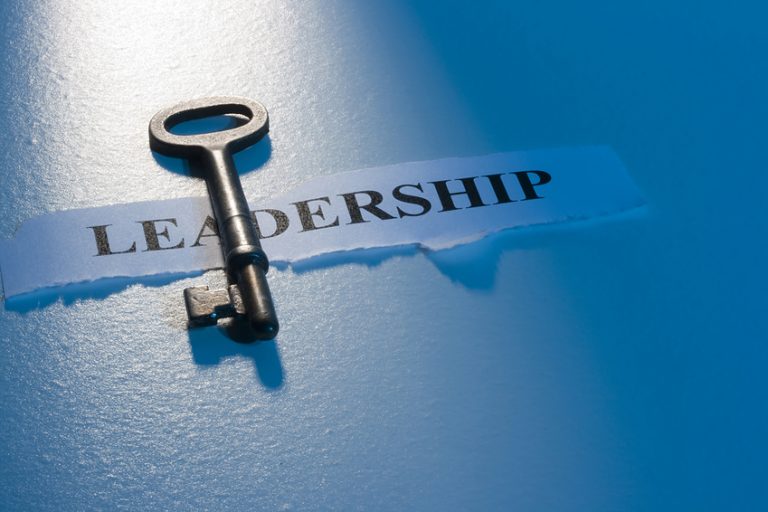While each state has its own definition of the term, a lobbyist is usually defined as someone who, on behalf of a person or organization, attempts to influence government decisions. A lobbying career might be right for you if you’re a persuasive individual with a strong desire to make a difference. Although there are no precise educational requirements to become a lobbyist, you will benefit from having an excellent legal or political background.
Lobbyists are qualified professionals who work on behalf of individuals and organizations to influence political decisions. Such advocacy can lead to new legislation being proposed or struck down, as well as existing laws and regulations being amended.
A lobbyist, however, is forbidden to directly pay a politician to secure his or her vote on these issues. In 2014, pharmaceuticals/health products and business associations were the top sectors that employed lobbyists. These organizations spent over $300 million in lobbying expenditures combined. In 2014, the total amount spent on lobbying in the United States was $1.62 billion.

Education And Training
You are not required to have a specific degree to become a lobbyist. Studying political science, legal, or other related topics, however, can offer you the necessary skills and expertise you need to succeed. Many lobbyists, for example, have degrees in political science, communication, economics, or law.
Lobbyists come from every corner of life. Most are graduates of the college, and many of them have advanced degrees. Most lobbyists have the goal of working with a congressional office on Capitol Hill. Lobbyists need to have strong communication skills and knowledge of both the legislative process and the business or industry they represent.
Although there is no formal education required to become a lobbyist, the Lobbying Certification Program is provided by the State Government Affairs Council, a continuing education program that helps those of all skill levels develop their knowledge of the legislative process and lobbying.
If this is a field that interests you, it is important to build strong skills in communication. The secret to being a good lobbyist is being able to communicate effectively and persuasively. If you are a student or in college, sign up for writing and public speaking courses to develop your ability to communicate.
You don’t need an advanced or professional degree to be a lobbyist. But having one of those degrees will make you look more desirable to employers. It’s also a good strategy if you wish to lobby in a specific area of interest.
Other Important Tips
Stay Updated
Read about current issues of interest in your area. If you are involved with lobbying in a specific area, stay on top of current events and legislative issues in your field, especially in your local area. Staying informed about what the problems are— and where your local lawmakers are on the issues — will help you figure out which lawmakers to target and how to make the most convincing arguments.
Know The Basic Rules Of Legislation
Knowing how the legislative process works will help you become a lobbyist that is much more successful. Take time to investigate how the system works, so you have a strong understanding of how policies are being enforced and how laws are being passed. It is important that you show policymakers that you are knowledgeable and competent.

Conclusion
After working in a government office, many people break into the lobbying field. This can help you gain local policy expertise and make you seem more impressive to prospective employers or clients. For more law-related careers, click here.
Also read – Start A Career In Politics: Basic Information Before Running












